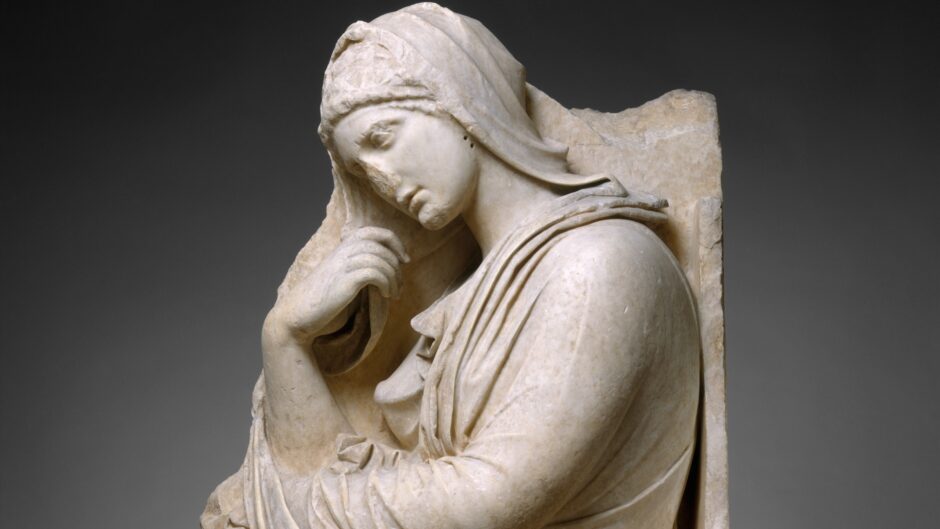Dr Katherine Dunleavy
Monday 8 – Thursday 11 April 2024
£495
Course description
The visual arts of classical antiquity have loomed very large in the development of Western art and architecture, and in its accompanying art history, since the Renaissance. Ideas of ‘the classical’ formed the basis for judgements on value and ‘taste’, and an agreed canon of classical sculptures provided an authoritative repository of master models for young artists to copy and emulate: cast collections of such classical statuary have been part of the essential equipment of the major workshops and art academies since the sixteenth century.
However, ‘the classical’ as formulated in this way represented only a very selective aspect of the depth of styles and developments in the arts of antiquity across the Mediterranean. Our course aims firstly to engage critically with the narratives that helped establish a certain type of ancient art as the archetype in the early modern and modern imagination. Secondly, we shall investigate a much more diverse range of art works in the Graeco-Roman world and the context of the social and political developments that influenced their production.
In the process, we shall explore some of the misconceptions and misuses of both the relics of antiquity and the concept of ‘the classical’ – from Roman copies of Greek statuary to dubious Renaissance ‘restorations’, and from the deployment of classicism to promote an elite concept of ‘taste’ in the eighteenth century to the co-option of classical styles in fascist regimes of the twentieth century.
In lectures, seminars and during afternoon visits to relevant London collections, students will become acquainted with some of the best-known examples of classical art, such as in statuary, the Laocoön group, the Apollo Belvedere, the Medici Venus, the Farnese Hercules, and the Parthenon sculptures (‘Elgin marbles’) whose presence in the British Museum has long been disputed. In addition, they will also encounter a representative range of more domestic arts and crafts, including but not limited to, sculpted and painted portraiture, and decorative wall paintings such as those excavated in the eighteenth century in Pompeii and Herculaneum.
